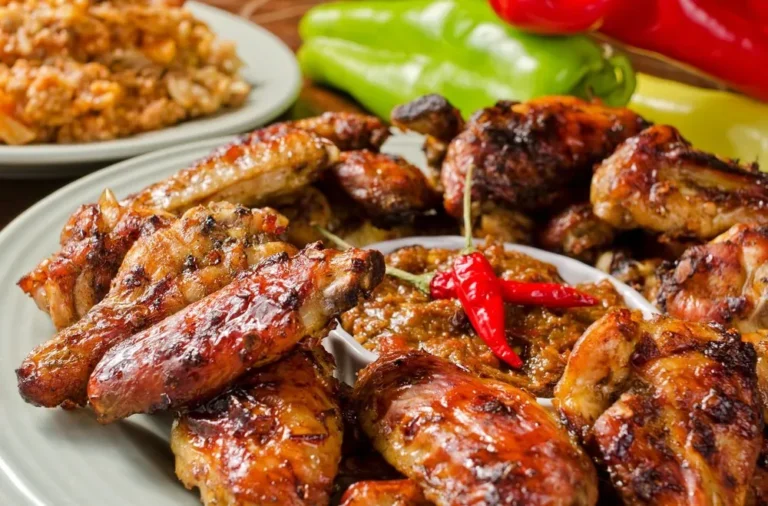Introduction: Exploring Jamaican Indigenous Cuisine
Jamaican cuisine is a melting pot of various cultures, including Chinese, Indian, and African. However, it is also influenced by the island’s indigenous cultures. The Arawaks and Tainos were the original inhabitants of Jamaica, and their culinary practices have had a lasting impact on the island’s cuisine.
The Arawak and Taino Influence on Jamaican Food
The Arawaks and Tainos brought a wealth of culinary knowledge to Jamaica, which is still evident today in traditional dishes like bammy and pepperpot soup. The Arawaks were known for their farming skills, and they introduced the island’s first crops, including yams, cassava, and corn. The Tainos were skilled fishermen and hunters, and they taught the Arawaks how to cook with seafood and game meat.
The Role of Cassava in Jamaican Indigenous Cuisine
Cassava, also known as yucca or manioc, is a staple in Jamaican cuisine and has been cultivated on the island for centuries. The Arawaks and Tainos used cassava to make bread, porridge, and cakes. They also used cassava to make cassareep, a thick sauce made from boiled cassava juice. Cassareep is still used today in traditional Jamaican dishes like pepperpot soup and jerk chicken.
The Use of Jamaican Herbs and Spices in Indigenous Cooking
Jamaican cuisine is known for its bold and spicy flavors, and many of these flavors can be traced back to the island’s indigenous cultures. The Arawaks and Tainos used a variety of herbs and spices in their cooking, including allspice, thyme, and scotch bonnet peppers. Today, these ingredients are still used in popular Jamaican dishes like curry goat and jerk pork.
The Influence of Maroon Culture on Jamaican Cuisine
The Maroons were African slaves who escaped from plantations and formed their own communities in the Jamaican mountains. They brought with them a wealth of culinary knowledge, including how to cook with wild boar, which is still a popular meat in Jamaica. The Maroons also introduced the technique of smoking meat, which is used in traditional dishes like jerk chicken and pork.
Conclusion: Preserving Jamaican Indigenous Cuisine in Modern Times
Jamaican indigenous cuisine has had a lasting impact on the island’s food culture. However, with the influx of global cuisine, traditional Jamaican dishes are at risk of being lost. It is important to preserve Jamaican indigenous cuisine and ensure that future generations can enjoy the unique flavors and techniques of this culinary tradition. By supporting local farmers and restaurants that use traditional ingredients and cooking methods, we can help preserve the rich culinary heritage of Jamaica.

